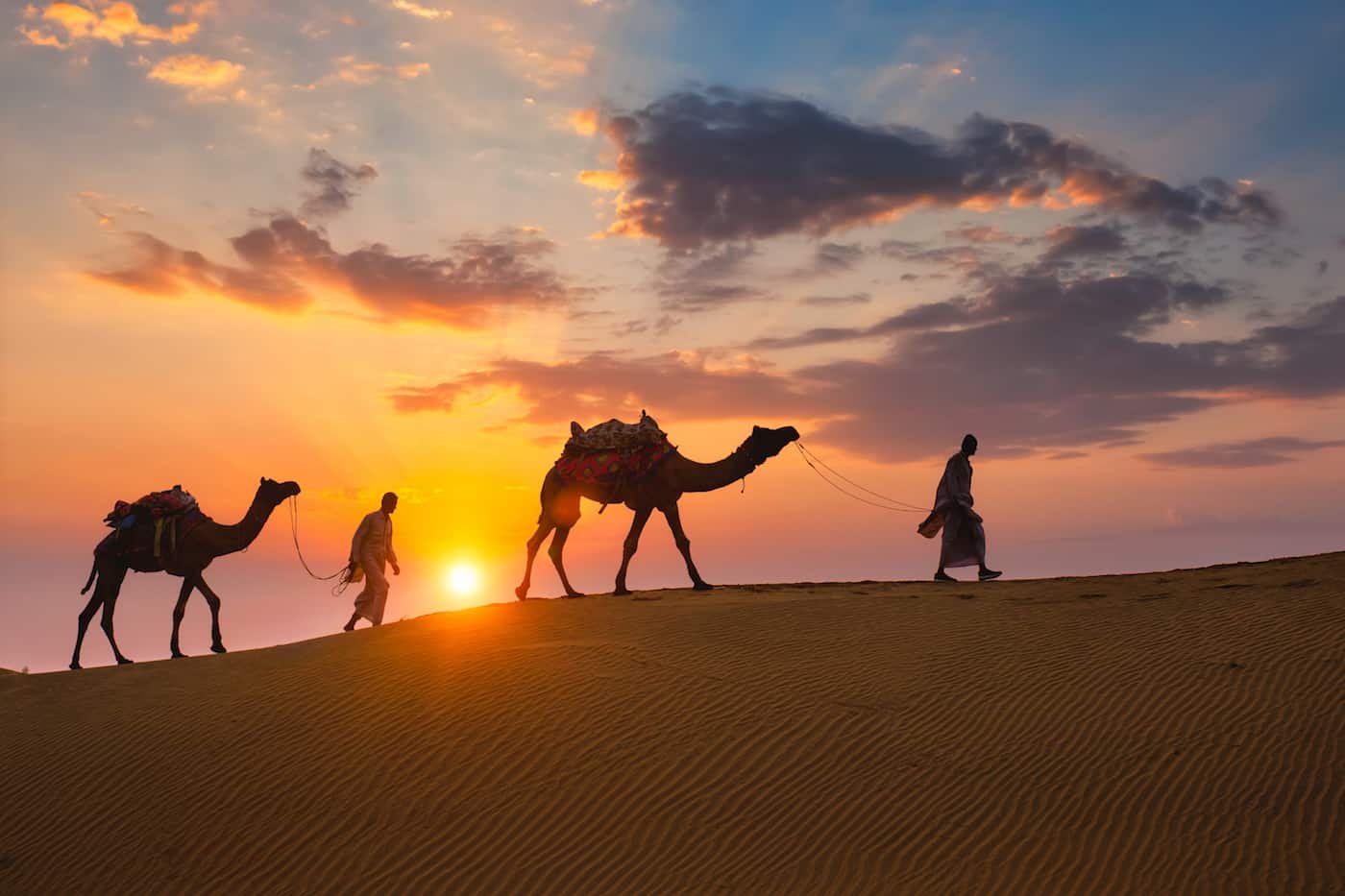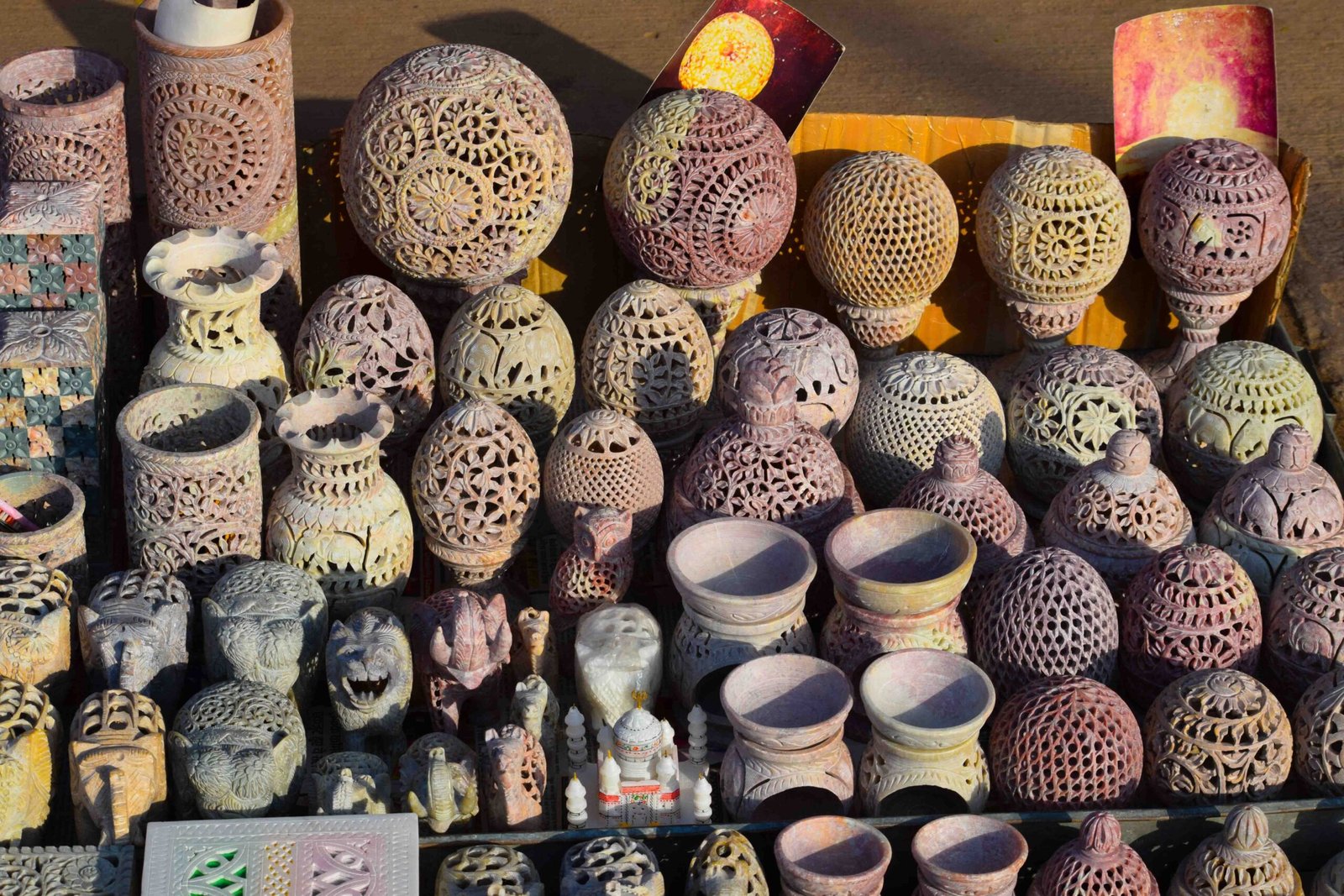





Rajasthan hosts a variety of vibrant events and festivals throughout the year, each reflecting the state’s rich cultural heritage. For example, the Desert Festival in Jaisalmer creates a spectacular celebration with folk music, traditional dances, camel races, and vibrant processions. Meanwhile, the Pushkar Fair draws thousands of visitors and traders who gather to buy and sell camels, while also taking part in religious rituals and cultural programs.
Furthermore, Rajasthan comes alive during major Hindu festivals like Diwali and Holi. Diwali fills homes and streets with lights and fireworks, creating a magical atmosphere. Holi, the festival of colors, encourages people to celebrate with music, dance, and vibrant powders. Additionally, the Gangaur and Teej festivals hold special importance for women. They honor the goddess Gauri and celebrate marital bliss through rituals, songs, and community gatherings.
Apart from these, many smaller fairs and melas occur across the state, each offering unique local traditions, crafts, and cuisines. For instance, the Mewar Festival in Udaipur combines religious ceremonies with cultural events, showcasing the unity of the region’s communities. These festivals and events provide a lively glimpse into Rajasthan’s diverse culture and bring people together in joyous celebration.


Rajasthan’s history stretches across thousands of years and reflects a legacy of valor, culture, and power. It began with early settlements such as Kalibangan and Ahar, where people practiced agriculture and pottery. As time passed, Rajput clans like the Chauhans, Rathores, Sisodias, and Bhatis rose to prominence. They established kingdoms, built forts, and followed a warrior code rooted in honor and sacrifice.
During the medieval period, the region witnessed repeated invasions. While some rulers, like Prithviraj Chauhan, resisted fiercely, others formed strategic alliances to survive. The arrival of the Mughals introduced both conflict and cooperation. Akbar forged ties with Rajput rulers, offering them high positions in return for loyalty. Despite this, leaders such as Maharana Pratap chose resistance over submission.
In the 18th century, the decline of Mughal power created space for Maratha influence. As power shifted again, the British signed treaties with Rajput kings and established control without direct conquest. The princely states retained autonomy but operated under British oversight.
After India gained independence in 1947, leaders worked toward unifying these fragmented states. Through diplomacy and negotiation, Rajasthan officially formed in 1956. Since then, it has evolved while preserving its rich heritage, grand forts, and stories of unmatched bravery.